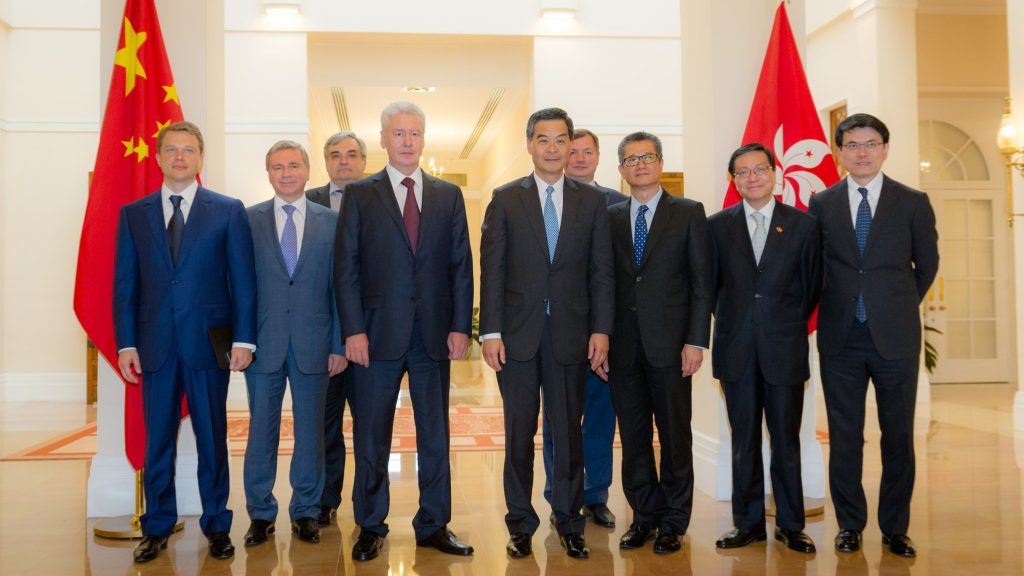The US Treasury has issued a warning to Hong Kong’s leading banks.
Others are reading now
Jesse Baker, Deputy Assistant Secretary of the US Treasury Department for Asia and the Middle East, recently met with representatives of major banks in Hong Kong to warn them about doing business with Russia, Nikkei reports.
Details of the Meeting
The meeting included representatives from leading banks like HSBC, Standard Chartered, and Bank of China, according to informed sources.
While the exact details of the talks were not revealed, the meeting comes after US lawmakers called for stronger sanctions against Russia.
In November, the House Select Committee on the Communist Party of China wrote to Treasury Secretary Janet Yellen, urging a review of Hong Kong’s trade privileges.
Also read
The congressmen claimed that Hong Kong had become a hub for financial crimes, including:
-
Shipping banned Western technology to Russia.
-
Trading Russian gold.
-
Operating secret “ghost ships” that work with North Korea.
-
Setting up fake companies to buy Iranian oil.
Sanctions-Busting Activities
US officials said that in 2023, about 40% of goods sent from Hong Kong to Russia were on US and EU sanctions lists. These included semiconductors and other technologies that help Russia’s military.
By the end of 2022, shipments of chips to Russia through Hong Kong and China had increased 11 times compared to the start of the conflict, reaching $570 million, Nikkei Asia reported.
In July 2024, The New York Times found that Russia’s imports of Western semiconductors by the end of 2023 were nearly back to pre-war levels.
Since the war began, over 6,000 companies have sent Russia banned microchips worth about $4 billion, with many of these deals going through Hong Kong.
Hong Kong’s Declining Role
Hong Kong was once a major financial hub, closely connected to US banking.
But its global influence has declined since Beijing passed a 2020 national security law, which reduced democratic freedoms in the region. In response, the US, under former President Donald Trump, imposed sanctions on Hong Kong’s leaders.
In November, the US Office of Foreign Assets Control (OFAC) sanctioned more than 50 Russian banks, including Gazprombank, as well as 40 securities firms and 15 individuals.
The US Treasury also warned foreign banks connected to Russia’s Financial Messaging System (SPFS) that they could face penalties for helping Russia.


